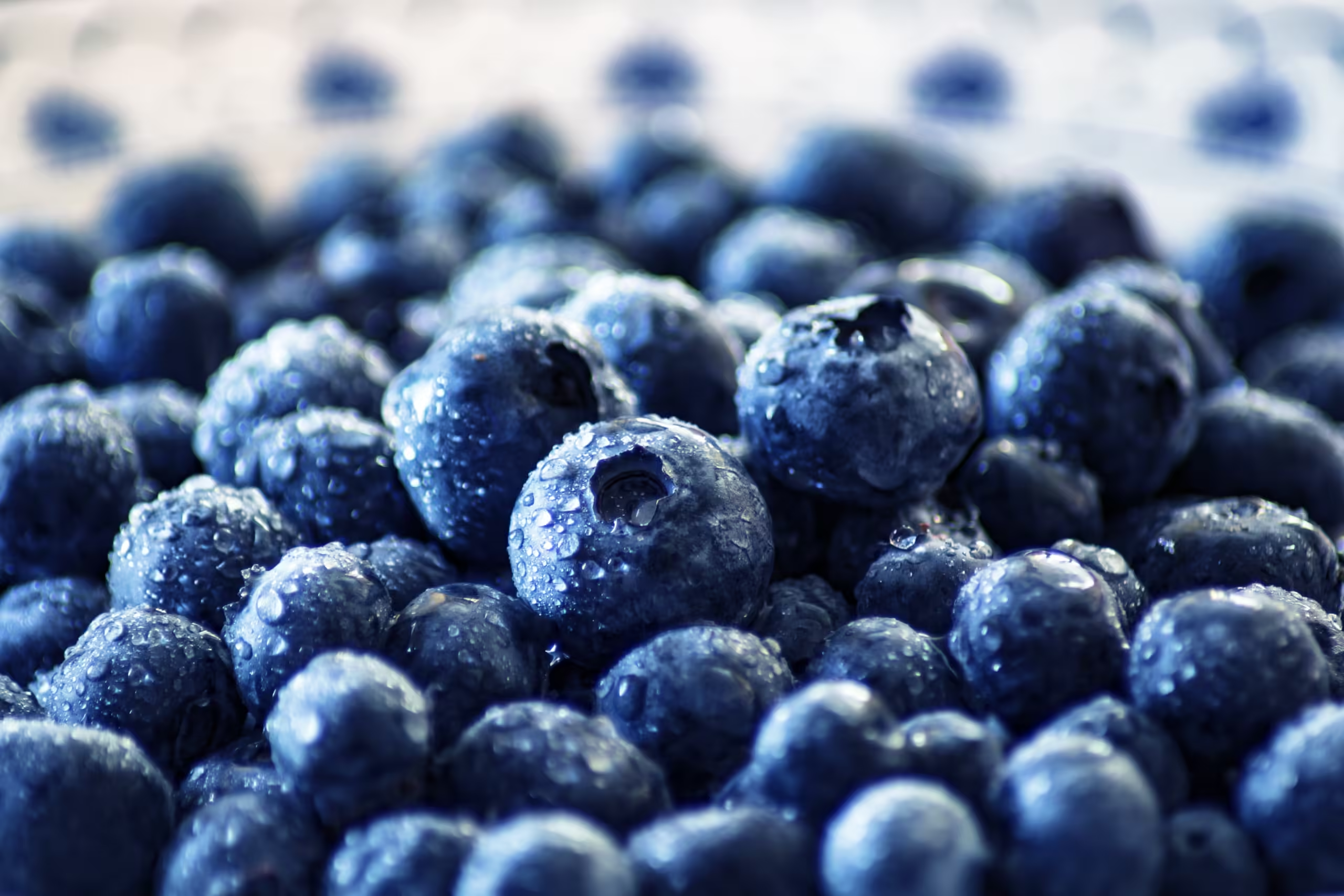
Discover the Key Role It Plays in Your Health
Have you ever wondered why a high-fiber diet is so important for you? Fiber isn’t just about keeping you regular; it plays a vital role in your overall health, impacting everything from digestion to heart health.
Today, we’ll explore the importance of fiber and why it should be a staple in your daily diet. Plus, I’ll recommend five insightful books that dive deeper into the benefits of fiber.
Health Information Disclaimer
The information on this website is for educational and informational purposes only. It should not be used to diagnose or replace the judgment of a qualified and licensed health professional.
The Essential Role of Fiber
Fiber, found in plant-based foods, is a type of carbohydrate that the body cannot digest. Despite this, it’s essential for maintaining good health. Fiber comes in two forms: soluble and insoluble. Soluble fiber dissolves in water, forming a gel-like substance that helps lower blood cholesterol and glucose levels. Insoluble fiber adds bulk to the stool, aiding in regular bowel movements. Both types are crucial for optimal health.
1. Supports Digestive Health
Fiber is most famous for its role in supporting digestive health. It adds bulk to the stool and helps food pass easily through the digestive system. This function can prevent constipation and promote regular bowel movements. A fiber-rich diet can also reduce the risk of developing hemorrhoids and diverticulitis, conditions linked to poor digestive health.
2. Helps Control Blood Sugar Levels
For those managing diabetes, fiber is essential. Soluble fiber slows the absorption of sugar, which can help control blood sugar levels. This effect is beneficial not only for people with diabetes but also for those looking to prevent the condition. Including more fiber in your diet can lead to better blood sugar management and overall health.
3. Lowers Cholesterol Levels
Soluble fiber has been shown to lower cholesterol levels by binding with cholesterol particles in the digestive system and removing them from the body. This process can reduce the risk of heart disease by lowering levels of low-density lipoprotein (LDL), also known as “bad” cholesterol. Incorporating fiber-rich foods into your diet can have a significant impact on your heart health.
4. Aids in Weight Management
Fiber-rich foods tend to be more filling than low-fiber foods, which can help you feel full longer and reduce overall calorie intake. This can aid in weight management and help prevent overeating. Since fiber takes longer to digest, it can also help stabilize your blood sugar levels, reducing cravings for unhealthy snacks.
5. Reduces the Risk of Certain Cancers
Research suggests that a high-fiber diet may reduce the risk of developing certain types of cancer, particularly colorectal cancer. Fiber helps keep the digestive system healthy, which is essential for reducing the risk of cancer in the colon and rectum. Additionally, fiber-rich foods are often packed with antioxidants and other nutrients that support overall health.
Affiliate Disclosure
Some links on this site are affiliate links. If you purchase after clicking on them, we may earn a small commission at no extra cost to you. We only recommend products we love and think you’ll find helpful too.
For those interested in learning more about the benefits of fiber, here are five must-read books:
- “The Fiber Fueled Cookbook: Inspiring Recipes to Turbocharge Your Health” by Will Bulsiewicz
- Bulsiewicz offers a practical guide to incorporating more fiber into your diet with delicious, plant-based recipes.
- “The F-Factor Diet: Discover the Secret to Permanent Weight Loss” by Tanya Zuckerbrot
- Zuckerbrot’s book focuses on how fiber can aid in weight loss and overall health, providing a structured plan to increase fiber intake.
- “The Practical Encyclopedia of Whole Foods” by Nicola Graimes
- Graimes provides a variety of recipes that make it easy to add more fiber to your meals, emphasizing both taste and nutrition.
- “Fiber Menace: The Truth About the Leading Role of Fiber in Diet Failure, Constipation, Hemorrhoids, Etc.” by Konstantin Monastyrsky
- Monastyrsky offers a controversial perspective on fiber, questioning its traditional health benefits and exploring alternative views.
- “The Fiber Effect: Stop Counting Calories and Start Counting Fiber for Better Health” by Nicole Dandrea-Russert
- This book is your is your guide to meeting your daily fiber needs and more.
Fiber is an essential part of a healthy diet, supporting everything from digestion to heart health. By eating more fiber-rich foods, you can improve your overall well-being and reduce the risk of various health issues. These books provide valuable insights and practical advice to help you make fiber a regular part of your diet.
Thanks for reading! Join our community to share your experiences and learn more about living a healthier life. Don’t forget to share this post with someone you care about—let’s help each other make healthier choices!